Ever found yourself in the middle of a sales discovery call, frantically scribbling notes, only to realize you're not truly understanding your prospect’s needs? This common scenario highlights the critical need for asking the right questions—a skill that distinguishes successful salespeople.
Imagine a call in which, instead of a scripted sales pitch, you ask precise, open ended questions that reveal not just the prospect’s challenges but also their aspirations. This helps you showcase how your product solves the client’s unique problems, making them feel heard and valued.
Effective sales discovery questions can do this, and we’ll explore it in this blog. Ready to transform your sales discovery call into an engaging conversation that converts?
The Importance of Asking the Right Discovery Questions for Sales Success
Why are sales discovery questions for sales so crucial? In a world where 96% of prospects have already scoured the web for a potential solution before sales reps say "hello," the right questions are your first—and sometimes only—shot at standing out.
The value of precise sales discovery questions goes beyond just understanding needs; they help gauge the prospect’s potential as a long-term customer by:
- Discovering unspoken challenges and opportunities
- Building credibility through informed, insightful questions
- Highlighting how your product uniquely addresses specific pain points
- Providing the relevant insights to help them make an informed decision
Frameworks like BANT (Budget, Authority, Need, Timeframe) and MEDDIC (Metrics, Economic Buyer, Decision Criteria, Decision Process, Identify Pain, Champion) have long equipped sales professionals to structure effective sales discovery questions, laying a groundwork for identifying key buying process and influences.
However, these models are just starting points. You can create your custom approach that addresses and anticipates needs, positioning your product as the best solution. Whether you adapt existing frameworks or devise new ones, aim to tailor your sales discovery questions to align precisely with your strategic sales goals for truly impactful engagements.
Different Types of Sales Discovery Questions
Driving the sales discovery process effectively hinges on leveraging diverse types of sales discovery questions—each serving a unique purpose. We have categorized the critical types of sales discovery questions into Informational, Probing, and Strategic, shedding light on their distinct roles in identifying a prospect’s obstacles and specific business needs.
30 Best Sales Discovery Questions to Identify Prospects' Needs
Effective questioning in the pre-sales process unlocks your prospects’ actual needs. This stage lets you address immediate issues and uncover long-term opportunities, setting the stage for authoritative relationships. Explore key sales discovery call questions across Informational, Probing, and Strategic categories.
Informational Sales Discovery Questions
Start with these questions to build a foundational understanding of the prospect’s business context and immediate needs:
- Can you describe your current operational setup?
- What are the key challenges your team is facing right now?
- How does your typical customer lifecycle look?
- What solutions are you currently using, and how are they performing?
- Who are the decision-makers involved in this type of purchasing decision?
- What are your key business goals for this year?
- What is your budget range for solutions in this area?
- What changes have you seen in your industry lately?
- Are there any upcoming initiatives that might influence your needs?
- What are your expectations from a new solution at this stage?
Pro tip: Adapt these questions to include specific industry terms or recent developments that show you've done your homework. For example, if dealing with a tech company, ask, "How has recent technology advancement (like AI and ML) influenced your current operational setup?"
Probing Sales Discovery Questions
Probing effective discovery questions dive deeper to uncover the underlying issues or needs that are not immediately apparent:
- What specific features do you feel are missing from your current solutions?
- Can you describe a recent situation where your current system fell short?
- What are the repercussions of these challenges on your day-to-day operations?
- Which of the issues discussed is the most critical?
- How do these challenges affect your overall business goals?
- What criteria will you use to evaluate the success of a new solution?
- What’s your timeline for implementing a new solution?
- What are the biggest concerns your team has with adopting new technology?
- In what ways do you see a new solution fitting into your current workflow?
- What features would an ideal solution have for you?
Pro tip: Tailor probing questions to reflect insights gained from informational questions. For instance, if a prospect mentions high customer churn during the informational phase, you might ask, “Can you elaborate on how customer churn impacts your revenue targets?”
Strategic Sales Discovery Questions
With strategic sales discovery questions, you must focus on aligning your solution with the prospect’s long-term strategic goals:
- Where do you see your business in the next three to five years?
- What strategic goals are the most critical for your business right now?
- How could the right solution enhance your competitive edge?
- What long-term desired outcomes are you aiming to achieve with this solution?
- Are there any market trends you’re particularly concerned about or interested in leveraging?
- What metrics do you use to measure long-term success in your projects?
- What barriers do you foresee in achieving your long-term goals?
- What role do you see our product playing in your strategic plan?
- How important is scalability in your decision-making process?
- What do you seek in an ideal partnership with a solution provider?
Pro tip: Link these questions to long-term industry or economic trends to demonstrate foresight and alignment with the prospect's strategic thinking. Adjust questions to reflect this broader perspective, such as modifying the scalability question to include recent industry shifts, "Given the rapid evolution in [industry], how important is scalability in your strategic planning?"
How to Ask the Right Follow-Up Questions After a Discovery Call
Effective follow-up questions are crucial to deepening your understanding after initial discovery calls. They ensure you fully grasp the prospect's needs and can align your solutions more accurately. Mastering this art is about building on the initial responses with precision and empathy, turning a standard inquiry into a productive dialogue.
Tips for asking impactful follow-up questions:
- Listen actively: Pay close attention to the prospect’s initial answers and look for areas that require more depth or clarification.
- Be specific: Tailor your questions based on the information shared earlier, focusing on details that will help both parties understand the scope of solutions.
- Encourage open dialogue: Frame your questions in a way that encourages the prospect to share more about their experiences and expectations.
- Link back to key points: Relate follow-up questions to key points in your discovery call script to show continuity and thoughtfulness.
Examples of effective follow-up questions:
Example #1: If a prospect mentions dissatisfaction with their current software, you might ask, “Can you elaborate on the specific features that are causing issues, and how do these challenges impact your daily operations?”
Example #2: After discussing a prospect's business goals, a good follow-up could be, “You mentioned your goal to increase efficiency; could you specify what efficiency looks like in your day-to-day processes?”
How Storylane Enhances Your Discovery Call Productivity
Storylane transforms discovery calls into highly productive interactions by equipping you with valuable insights from an interactive product demo shared with prospects beforehand. As prospects explore features and functionalities, they reveal their priorities, enabling you to tailor your sales discovery questions effectively. This ensures that each question is highly relevant and impactful.
Additionally, these demos act as self-qualifying tools, educating prospects and confirming the product's relevance to their needs before the call. This preparation leads to more informed, engaged discussions, making each discovery call a strategic step toward conversion. Ready to see it in action? Start a free trial today!
FAQs
What is the difference between a cold call and a discovery call?
A cold call introduces your company to a prospect without prior contact, aiming to generate interest. Following initial contact, a discovery call seeks to understand the prospect's pain and needs and evaluate their fit for your product or service.
How to do a proper discovery call?
To conduct a proper discovery call:
- Research the prospect’s company and role
- Connect personally and acknowledge past interactions
- Focus on the prospect's pain, needs, and goals
- Understand their responses to tailor your approach
- Recap key points and outline the next steps
How long is a discovery call?
A discovery call typically lasts between 15 to 60 minutes. The exact duration can vary depending on the complexity of the prospect's needs and the depth of the sales conversation required to uncover essential information that will guide the successful sales process.
What is a discovery call checklist?
A discovery call checklist includes:
- Understanding the prospect's business and industry
- Identifying their objectives and any obstacles
- Assessing how your offerings can help
- Learning who decides and the criteria used
- Setting actions for moving forward, like a follow-up or product demo
Related Reading
Types of Sales Enablement Content with Examples
Sales Coaching Techniques That Really Work
What Is Sales Acceleration and How To Build Strategy

.svg)
.svg)







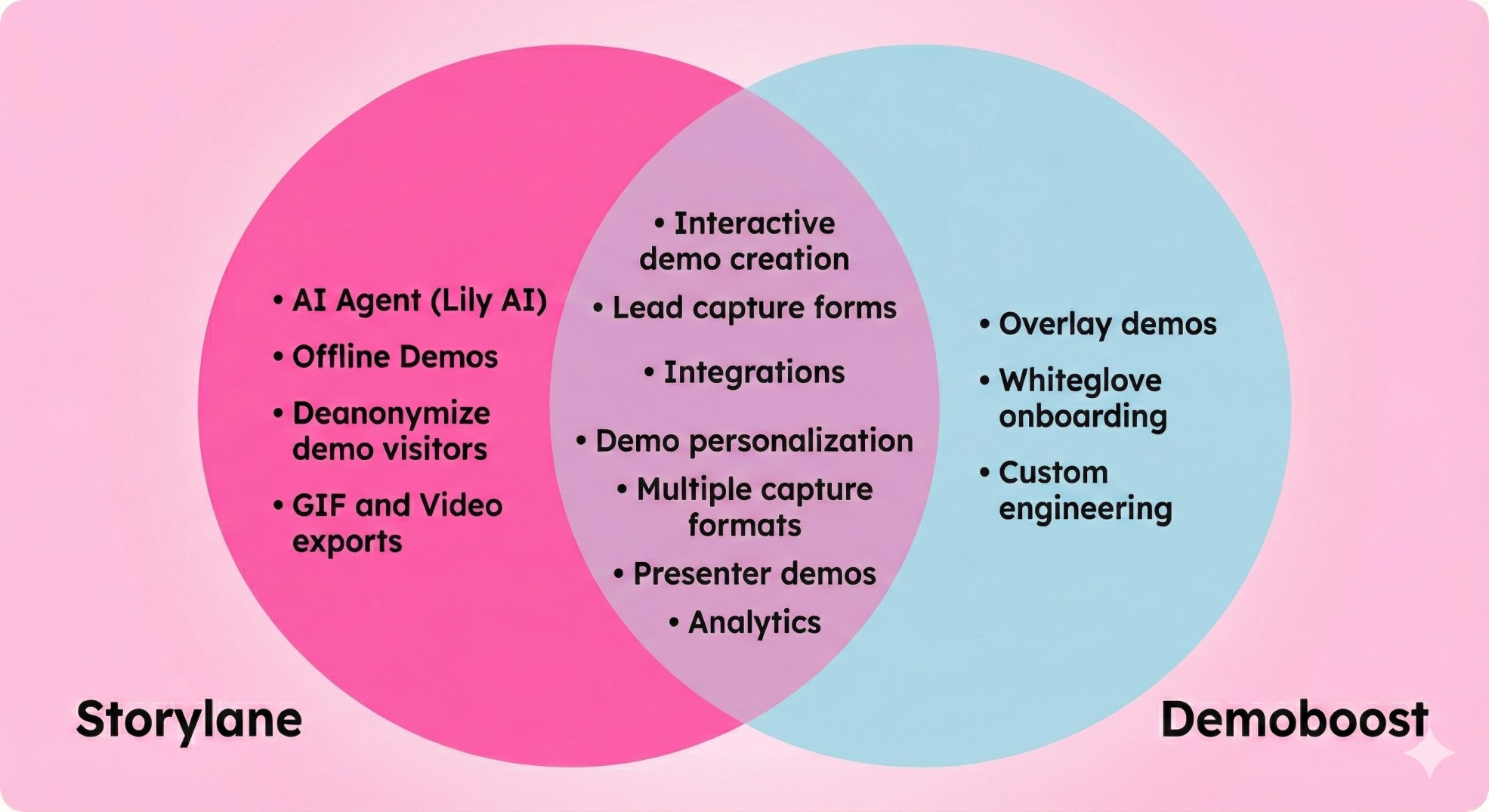
.webp)
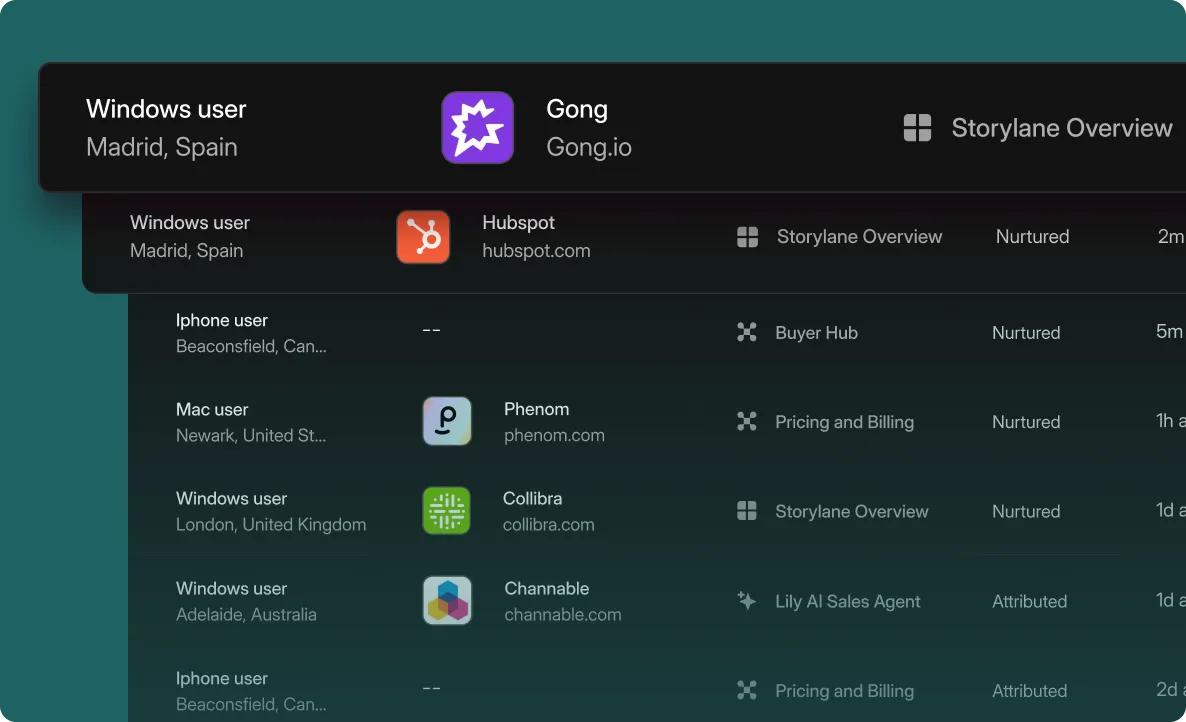
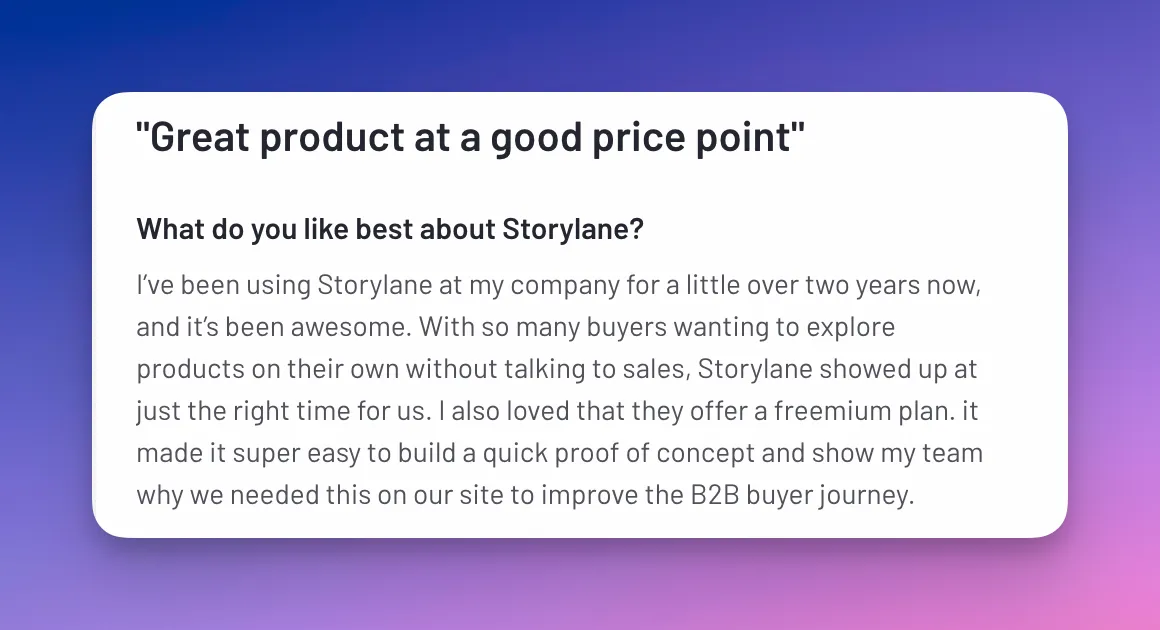

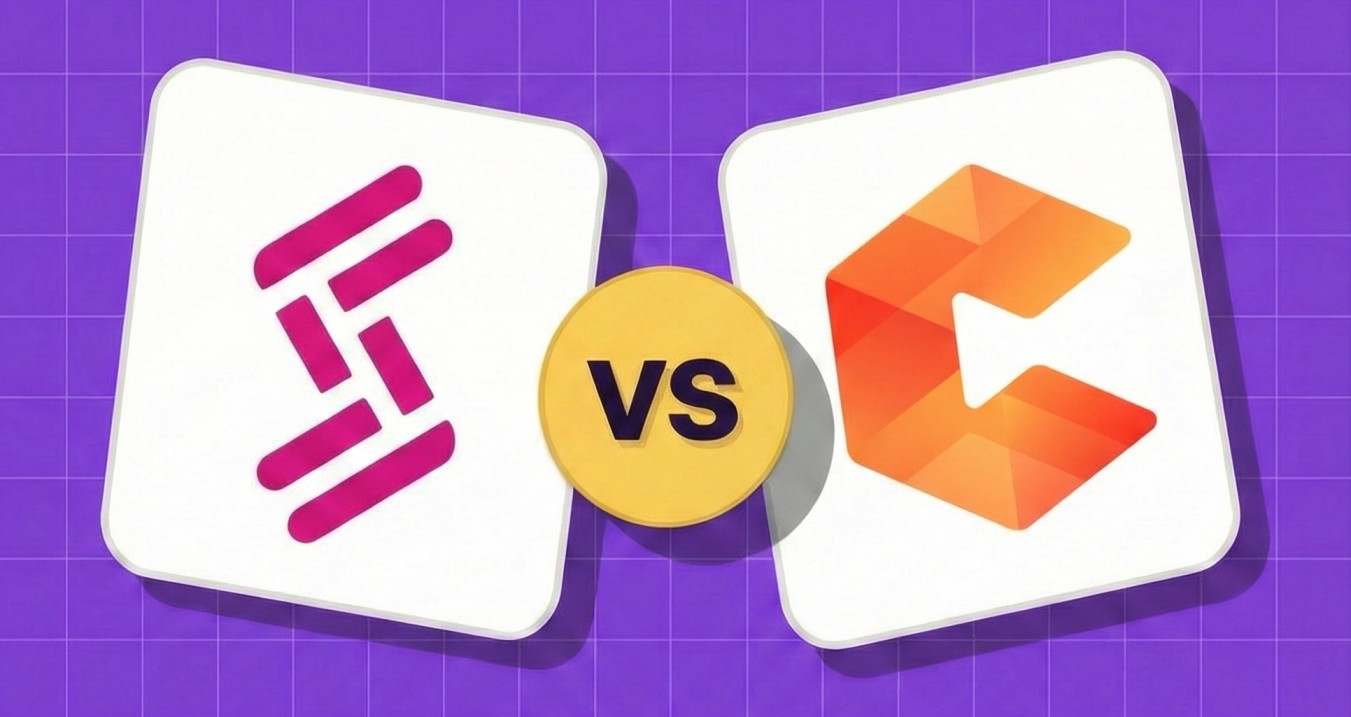
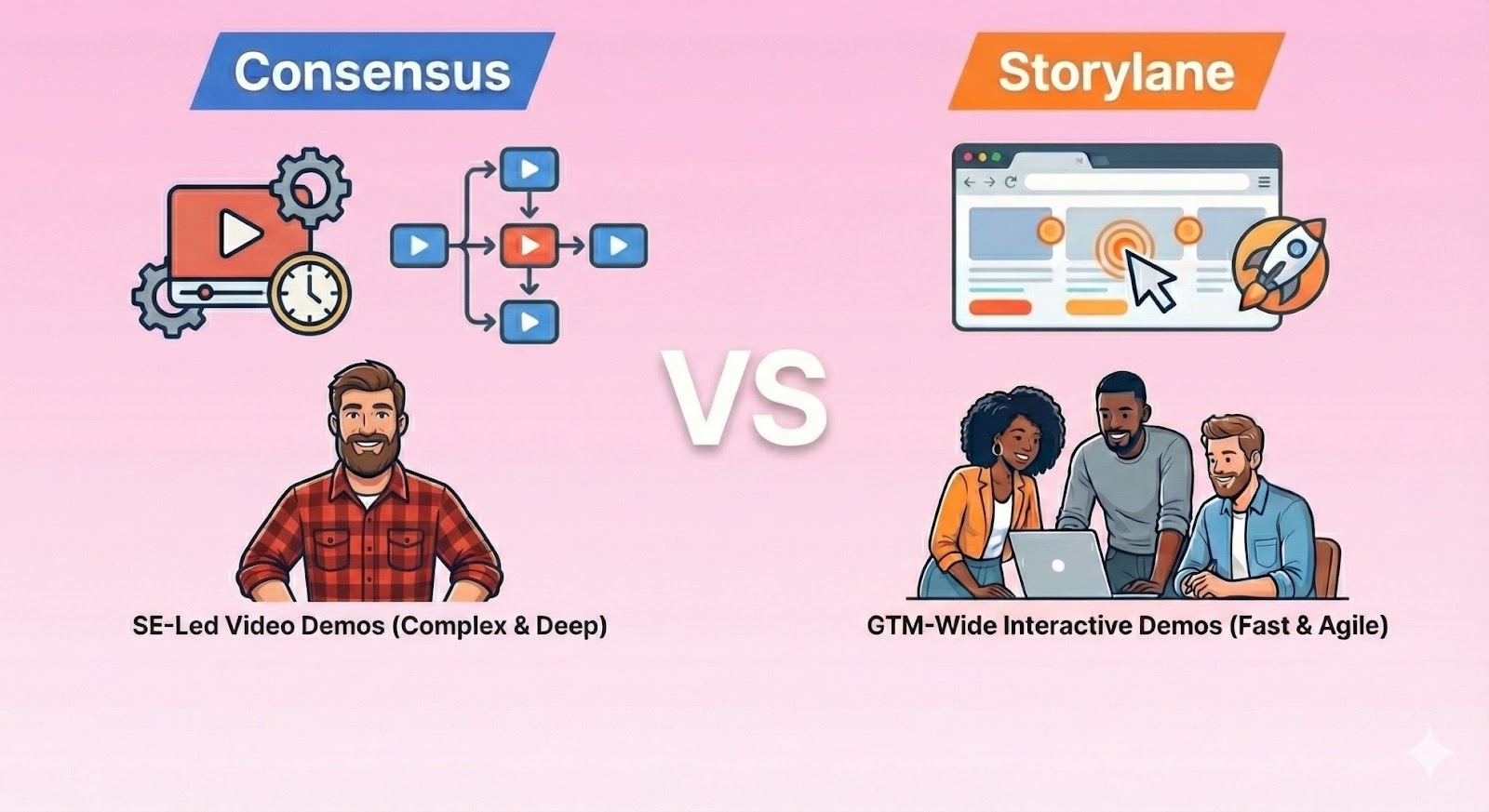
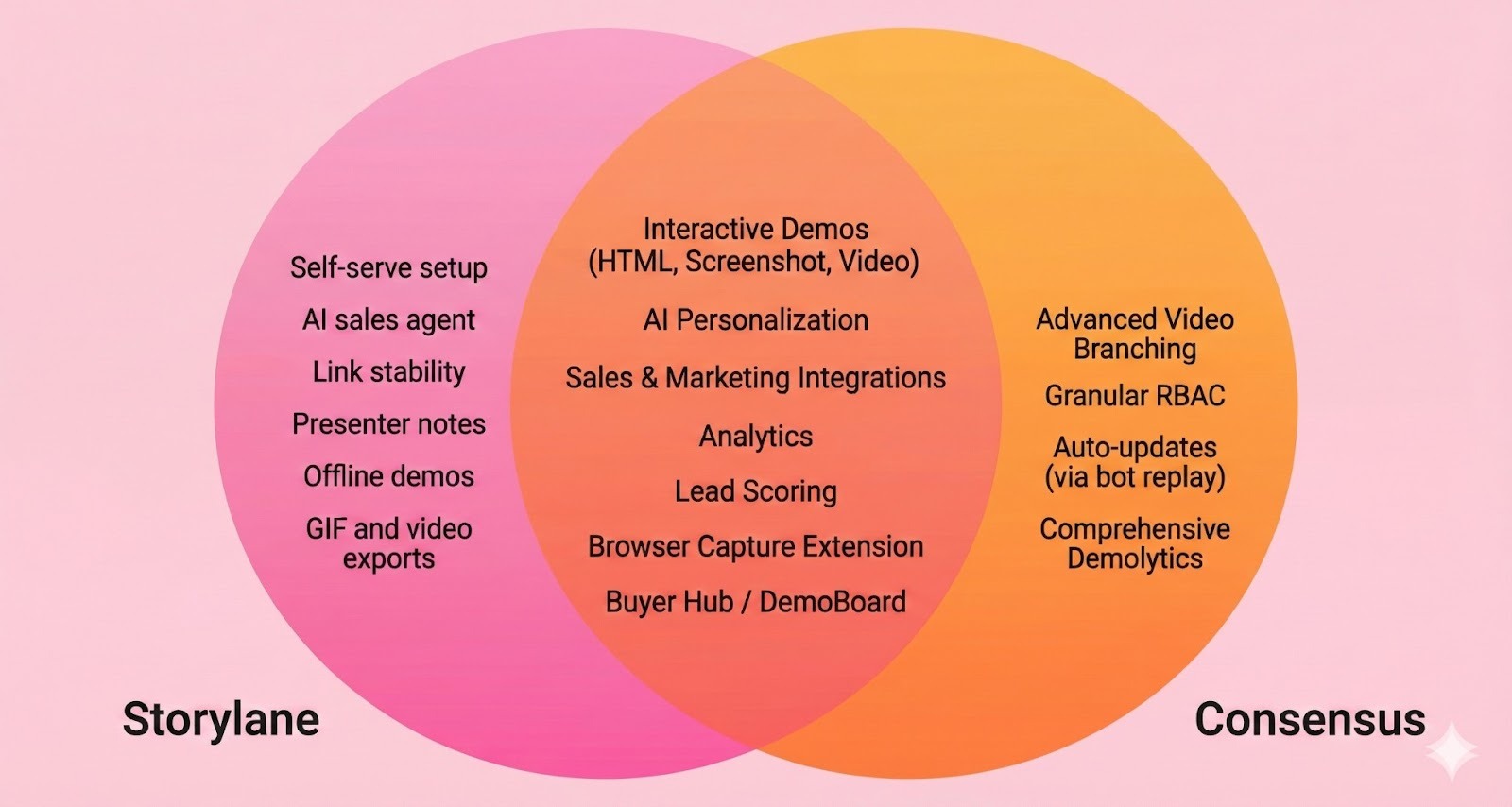
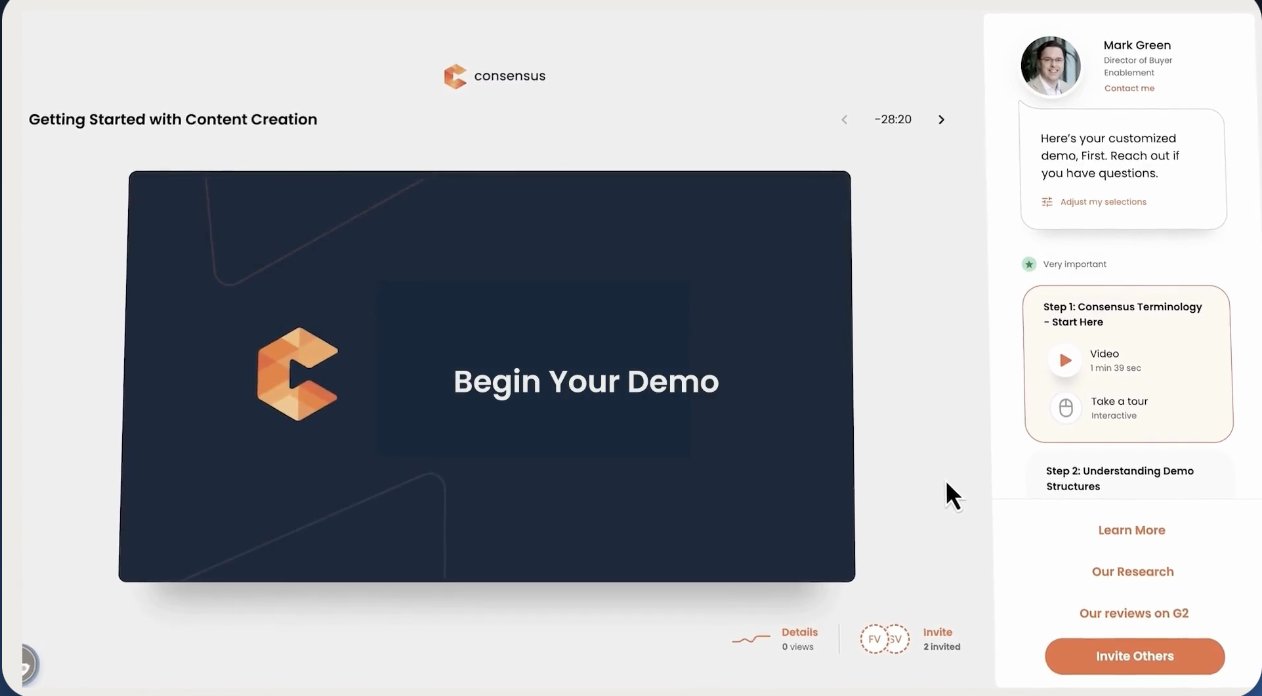
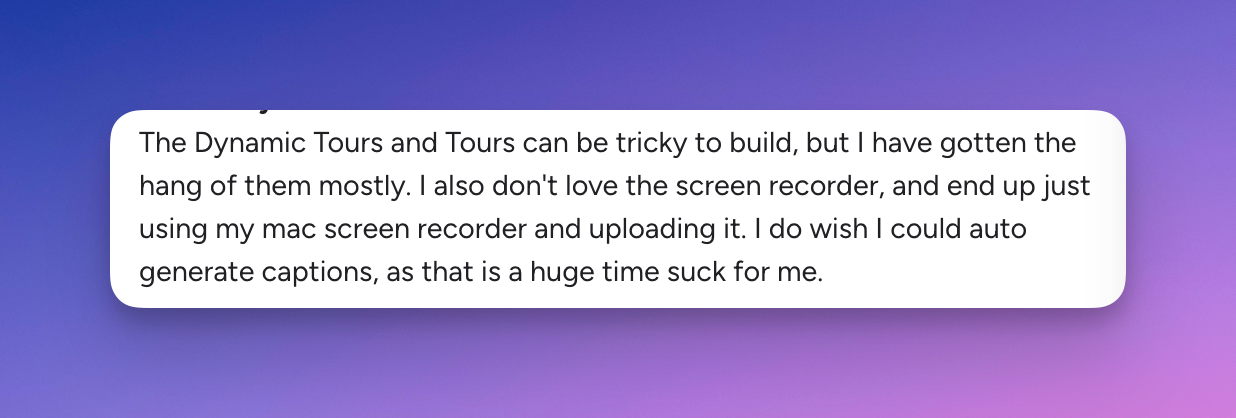
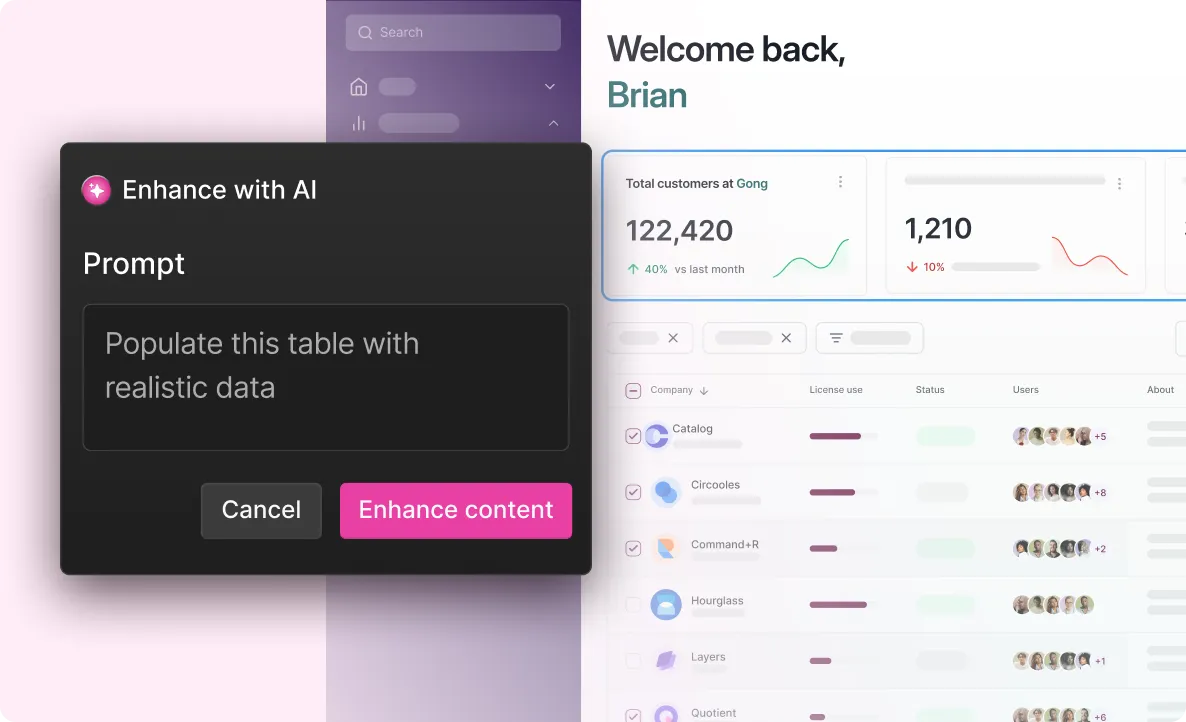

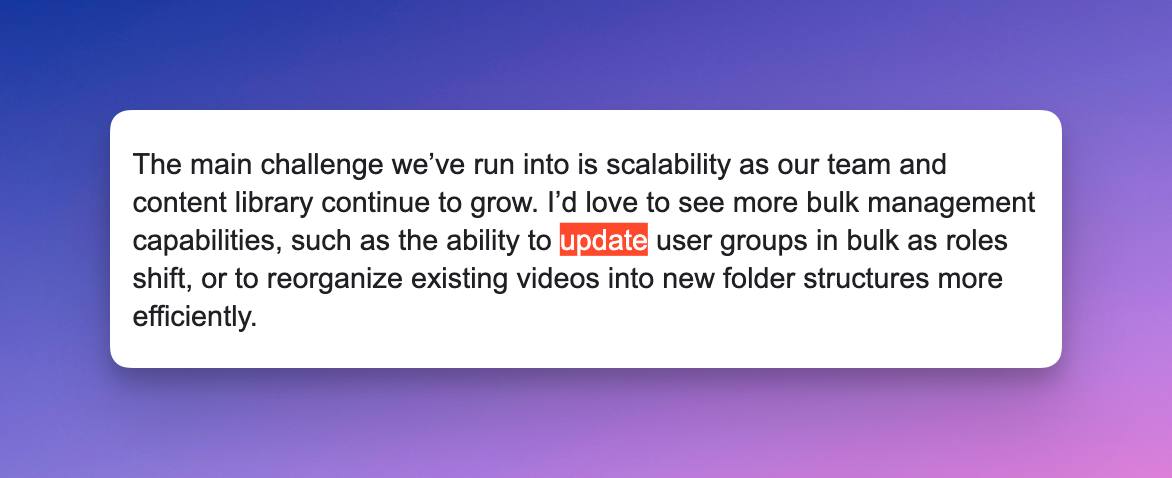


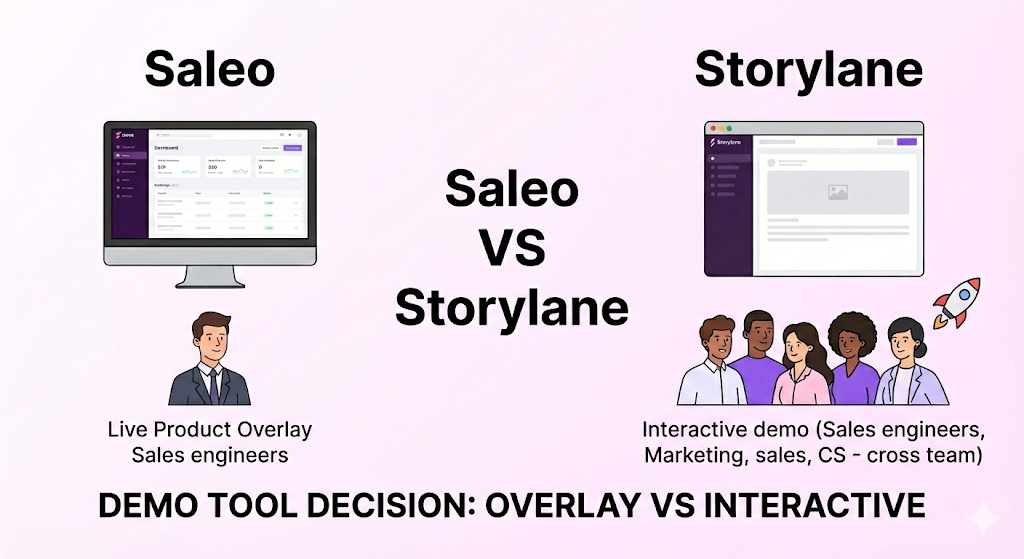
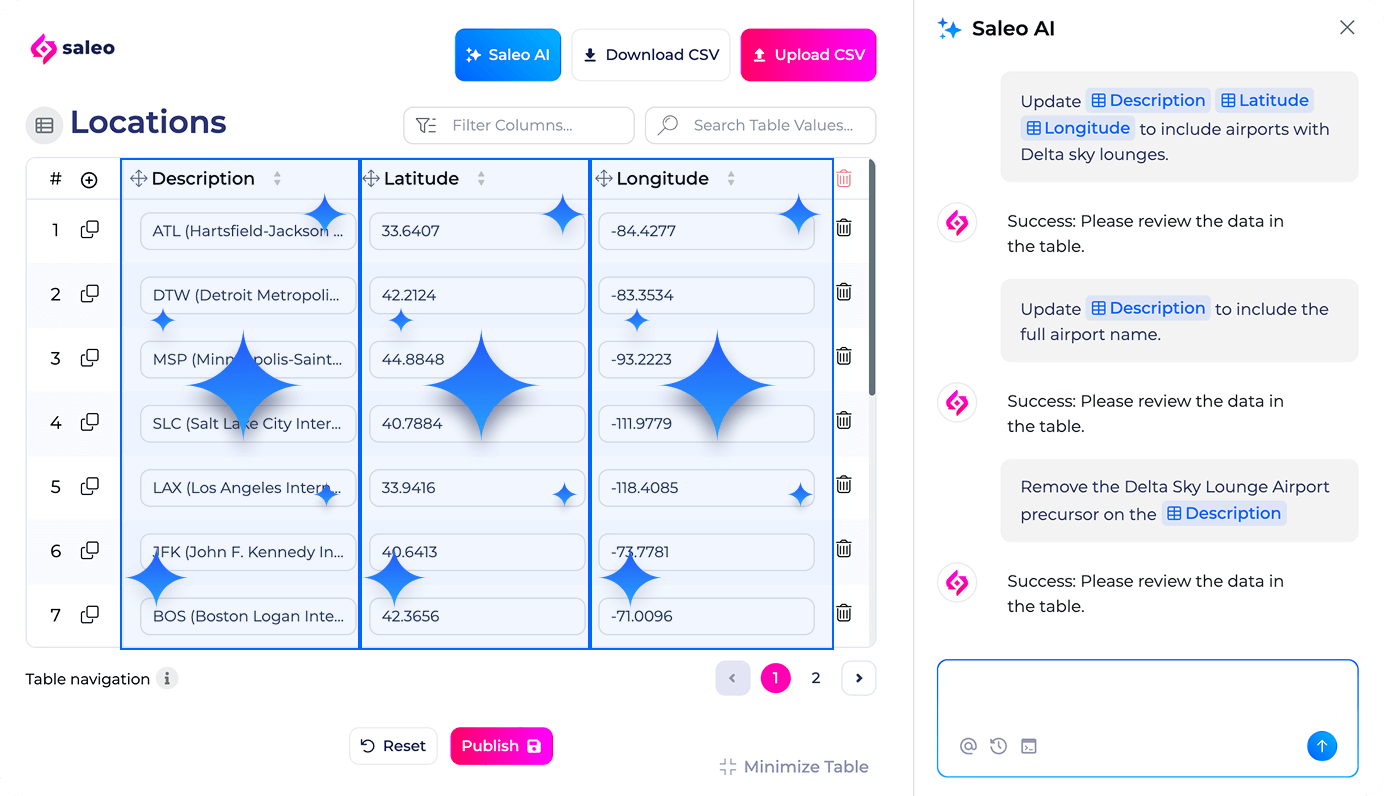


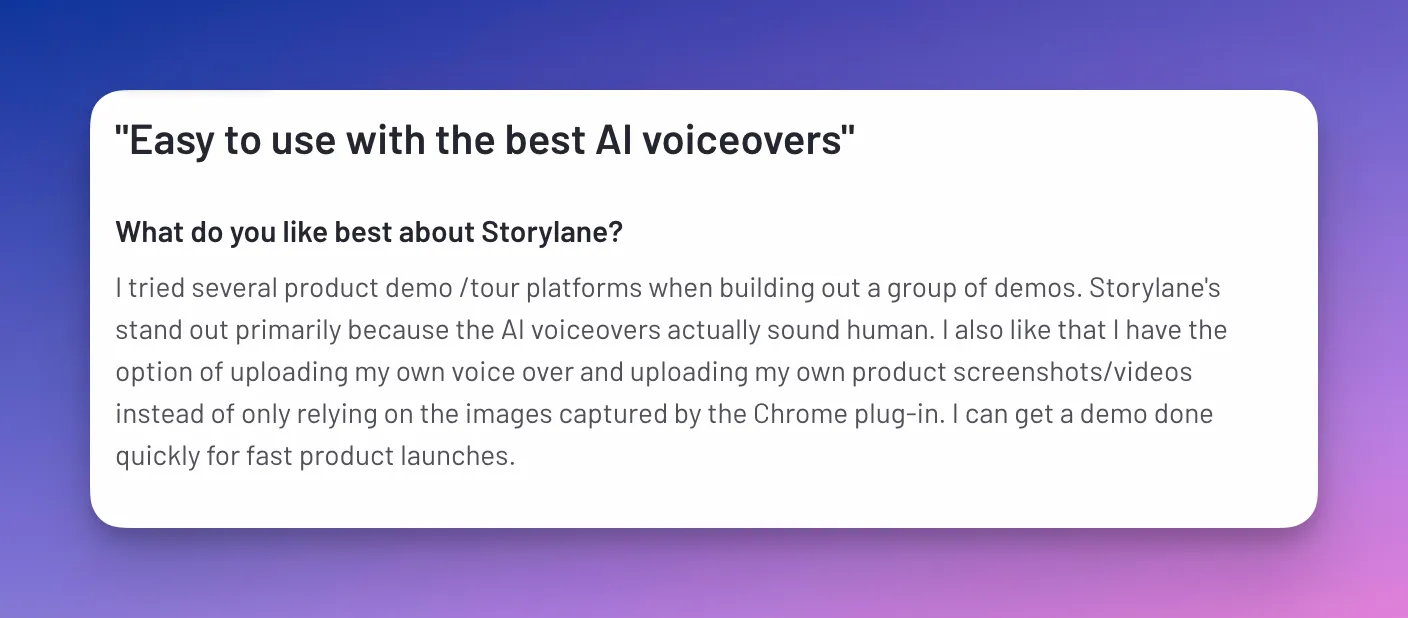
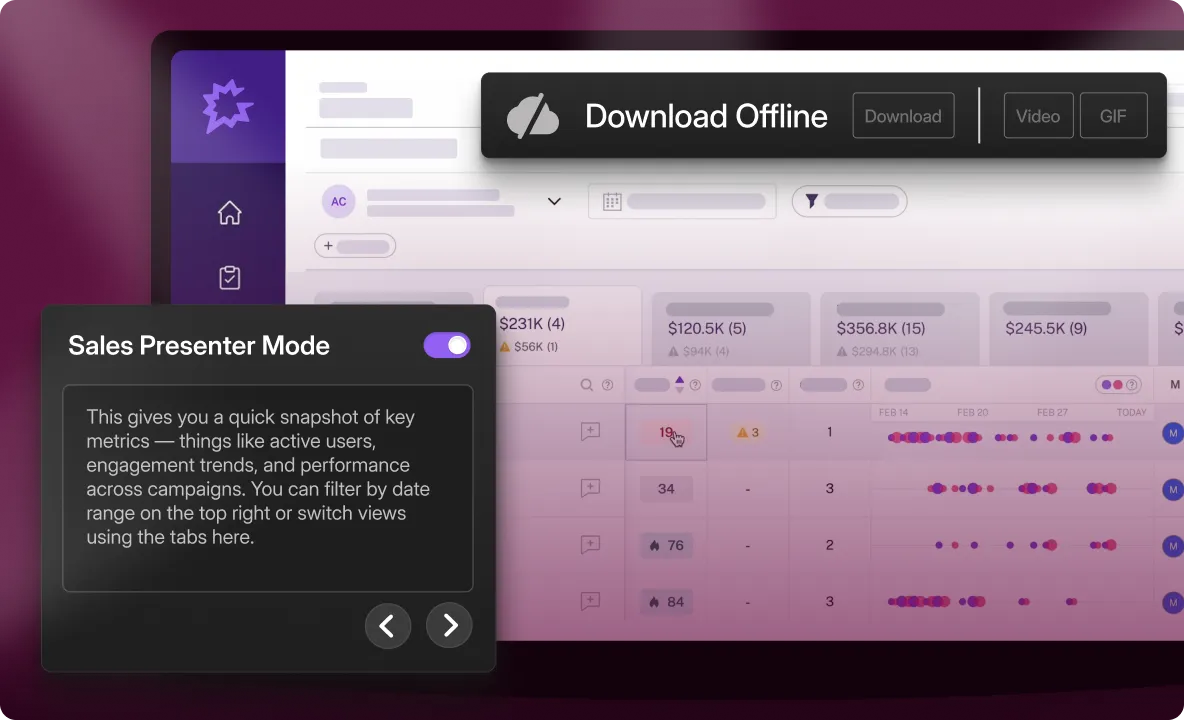
.svg)

.webp)